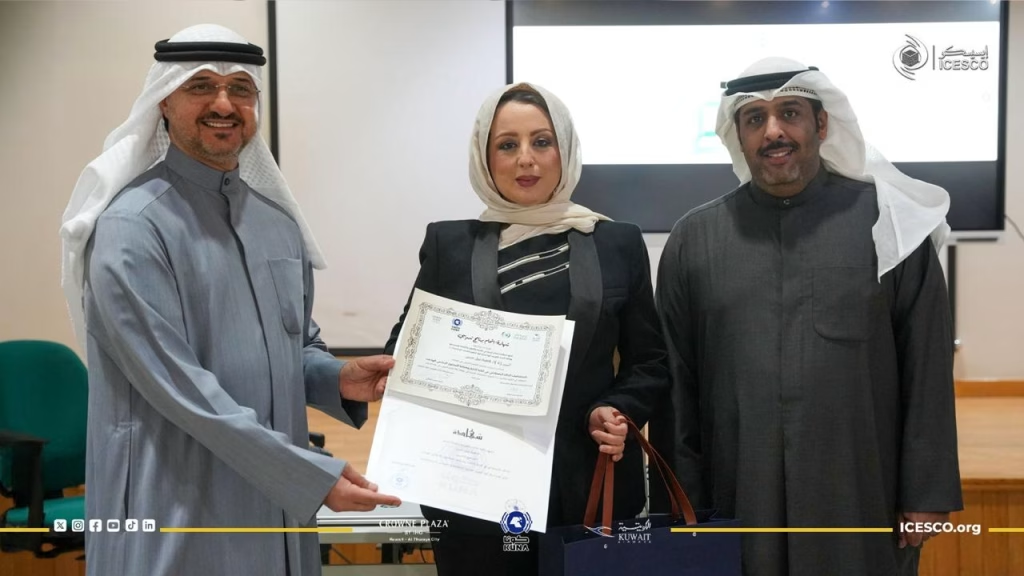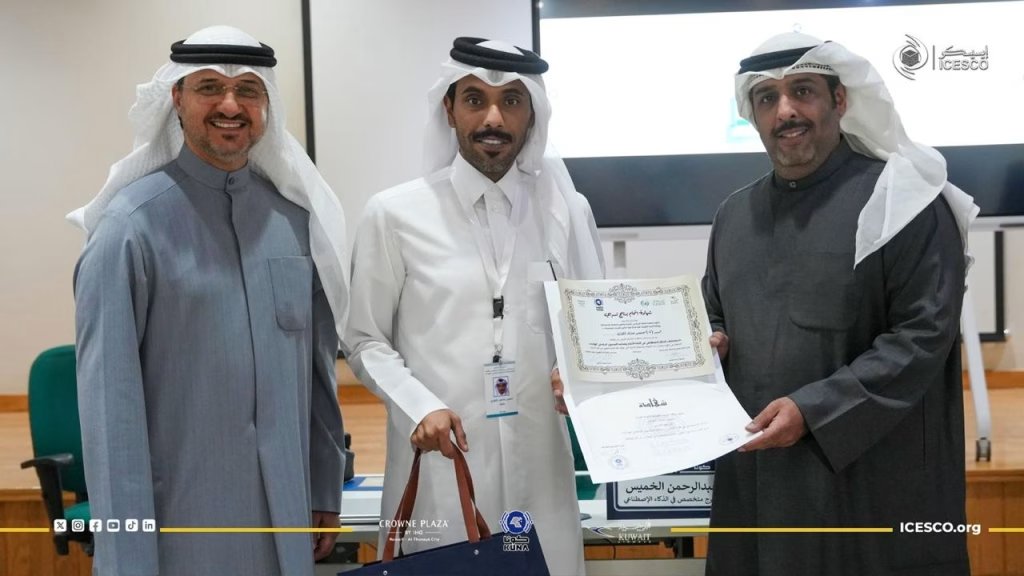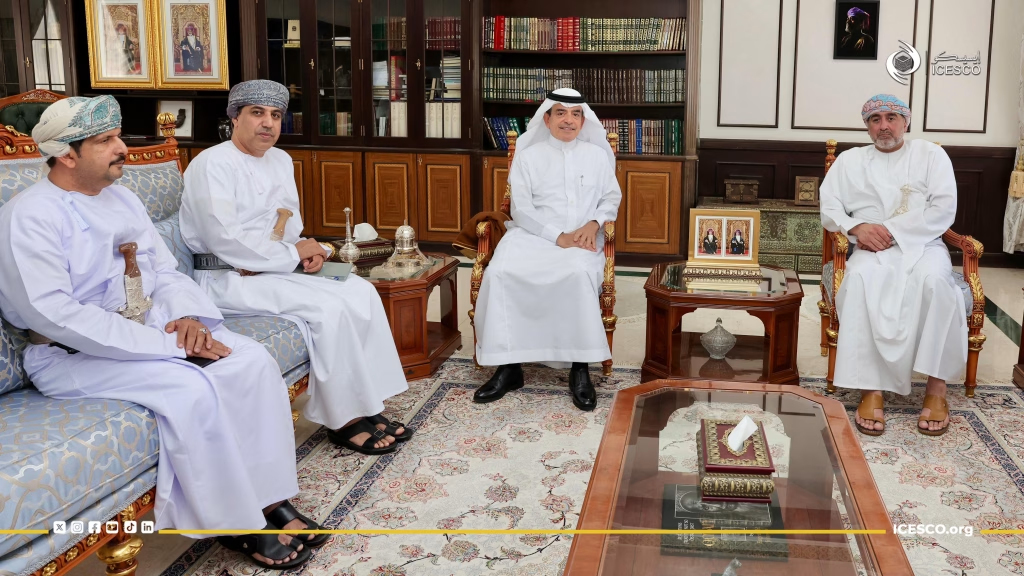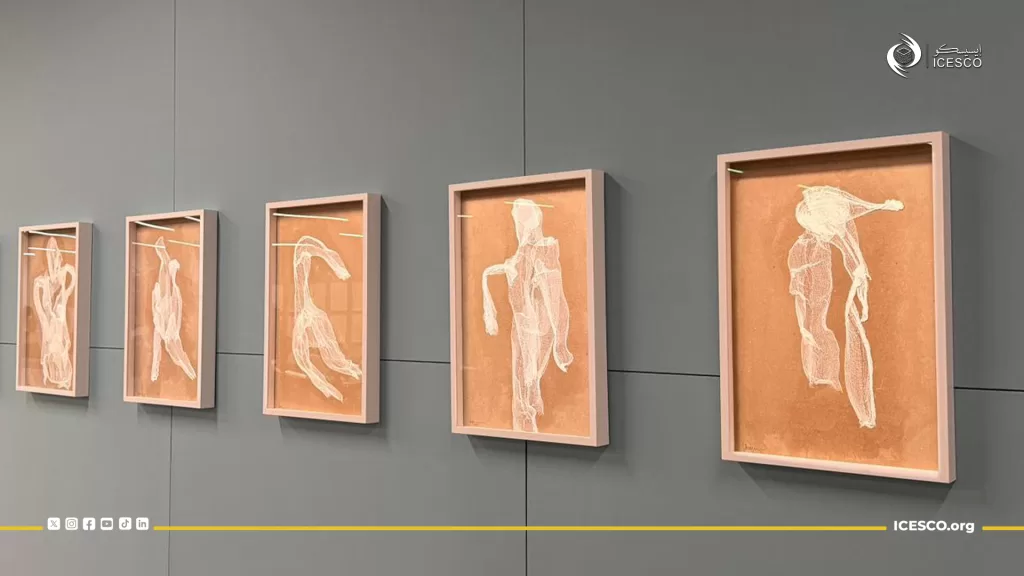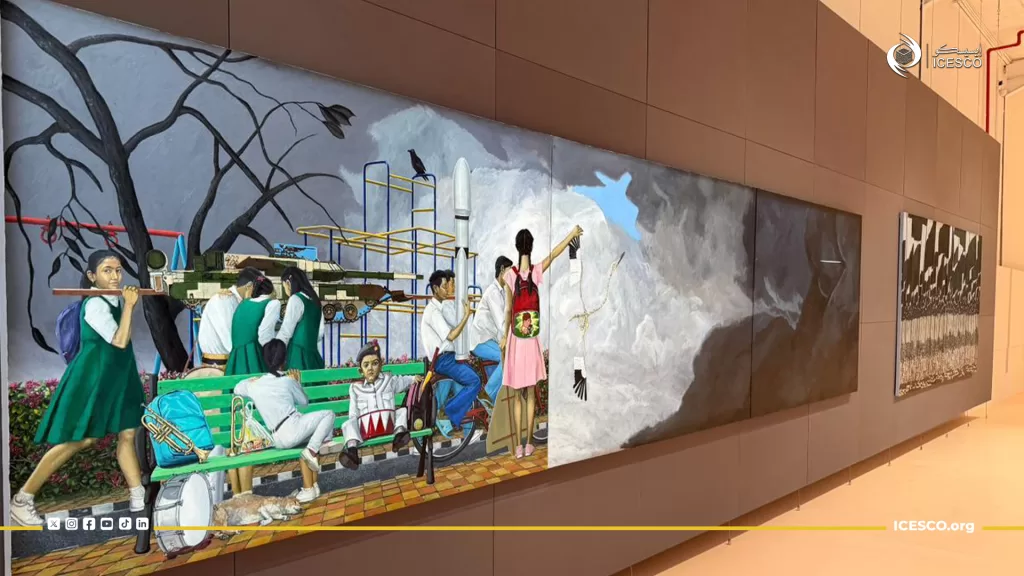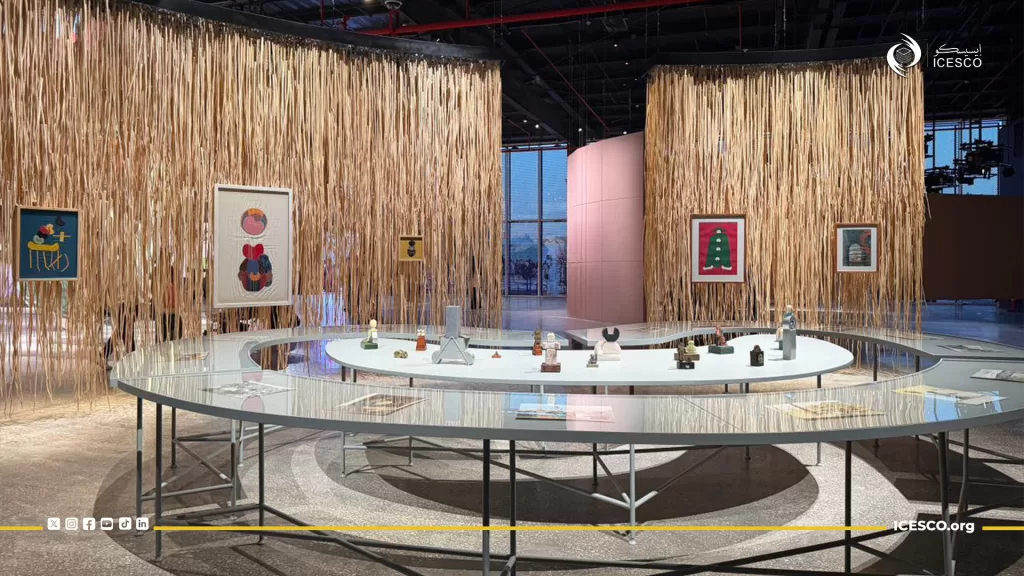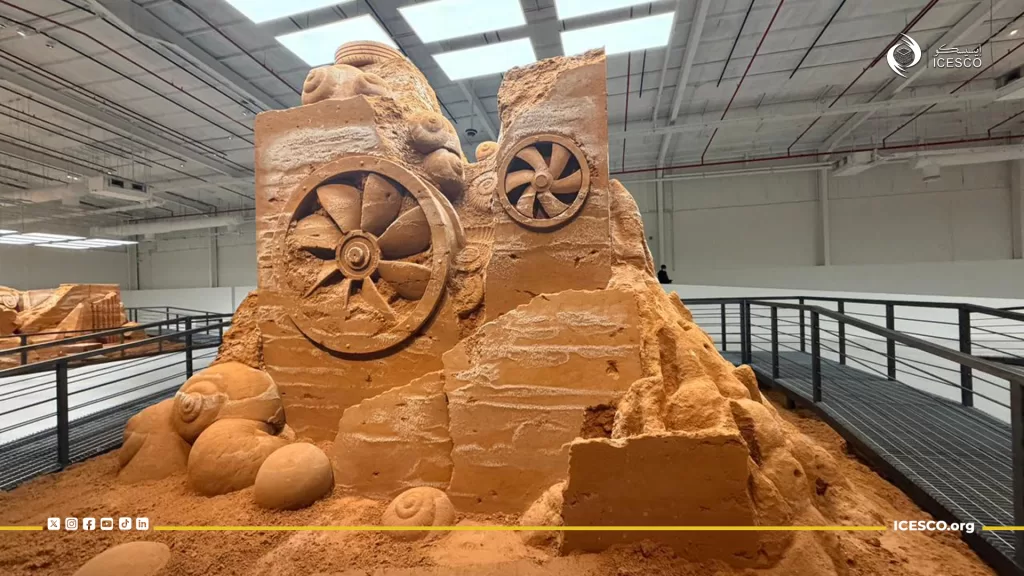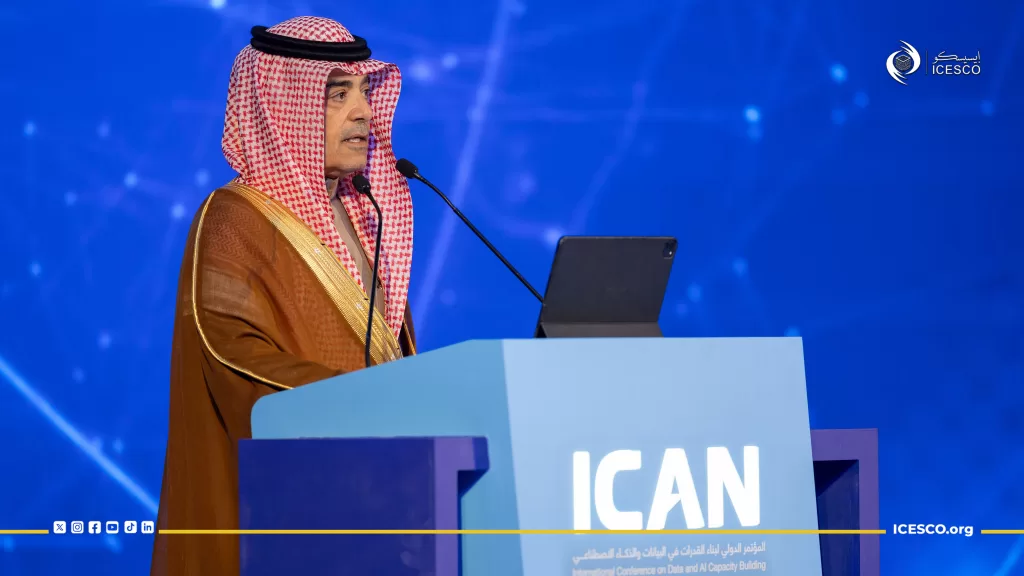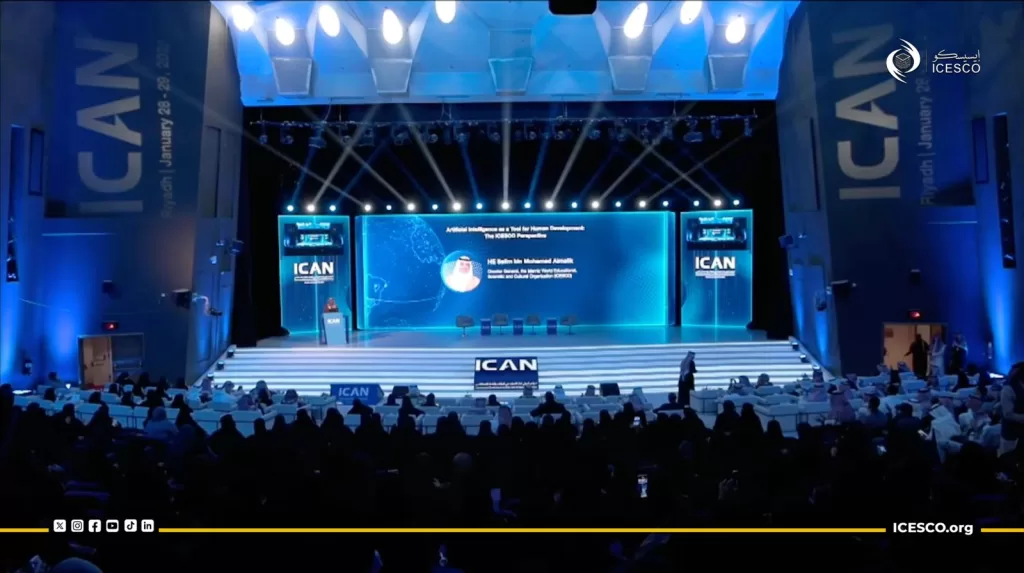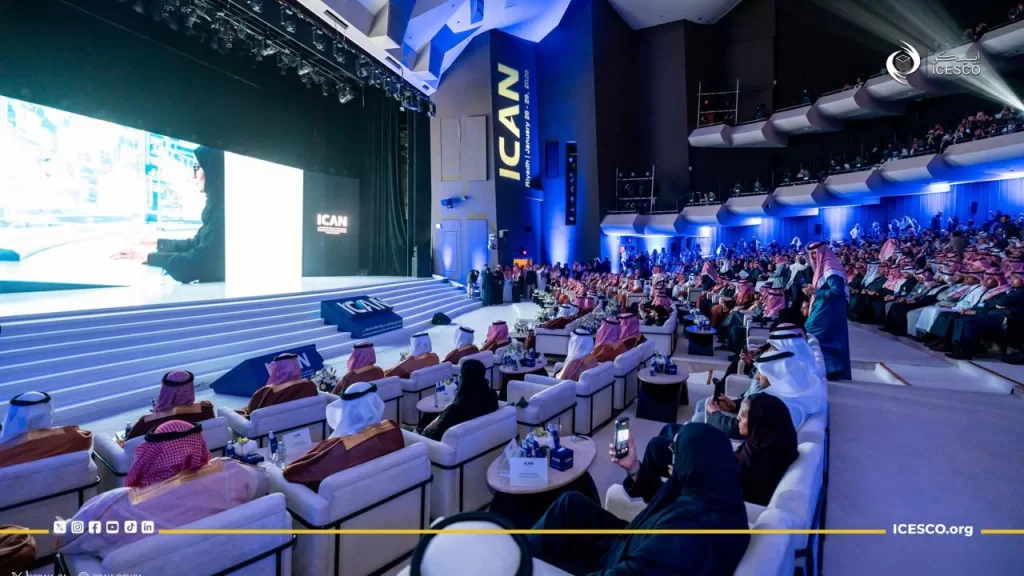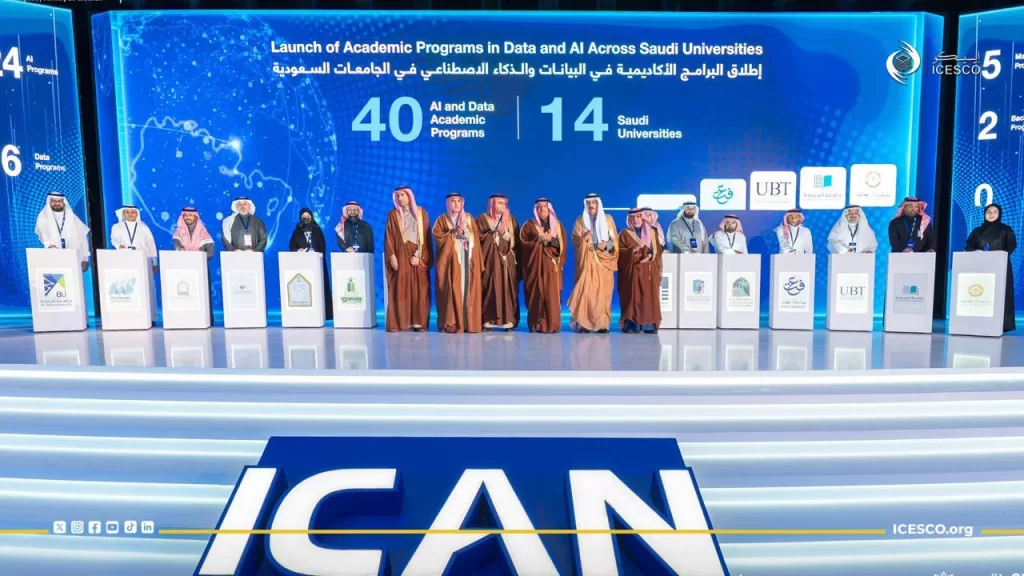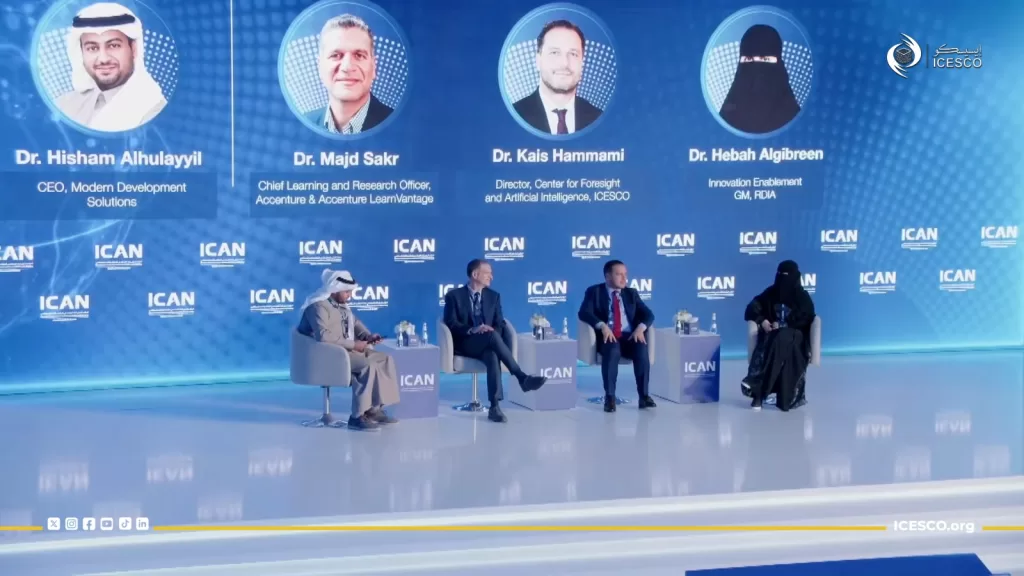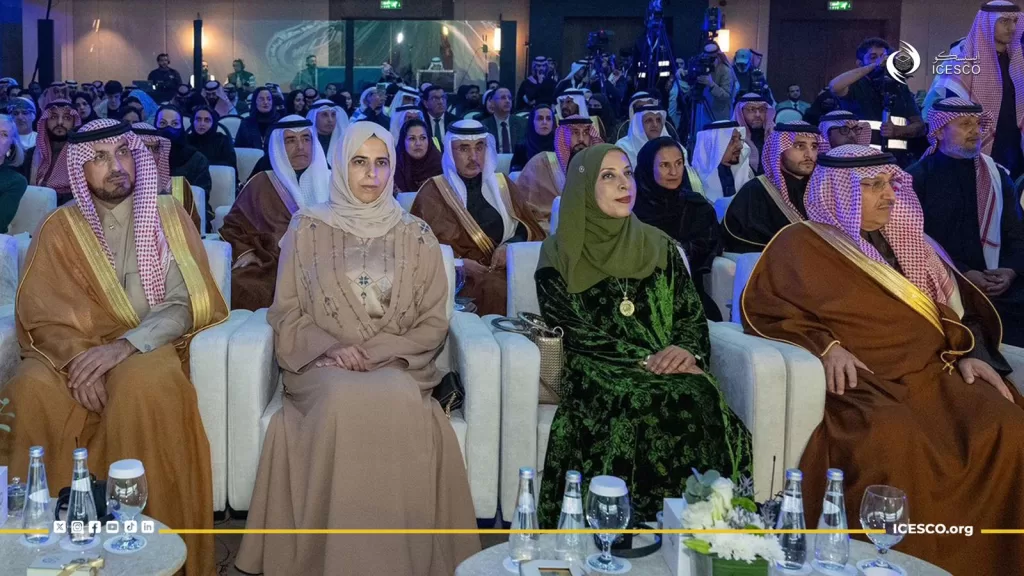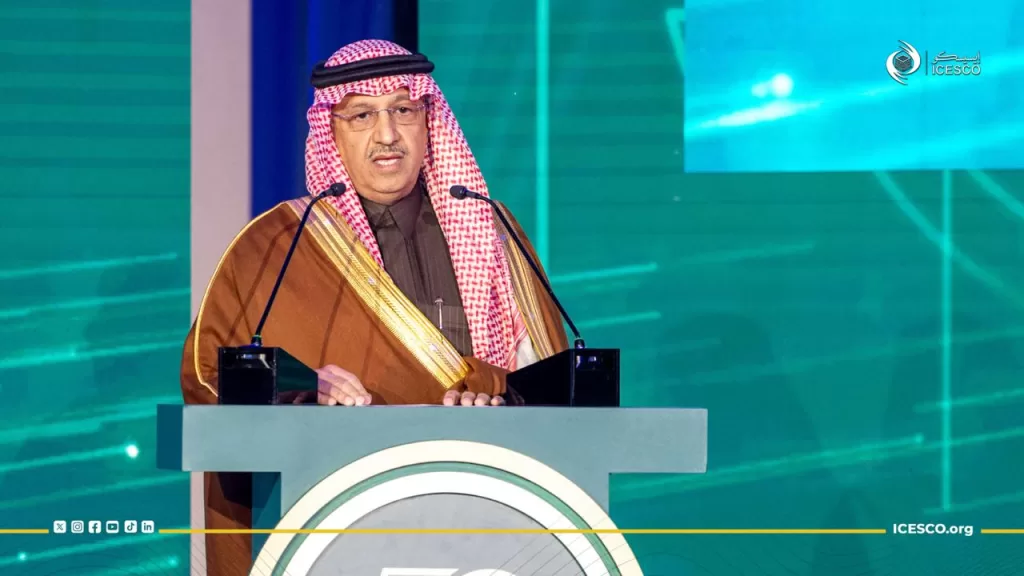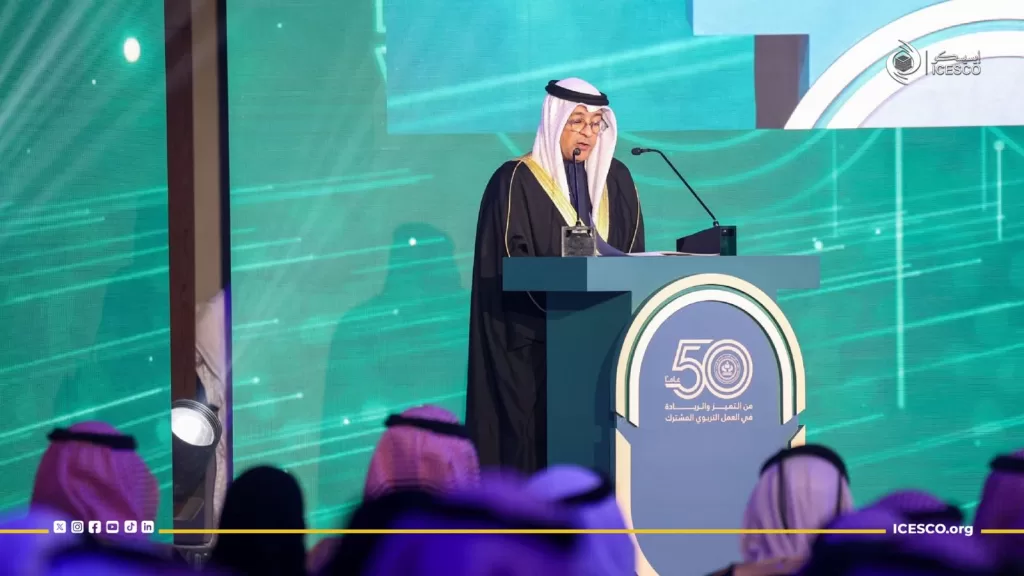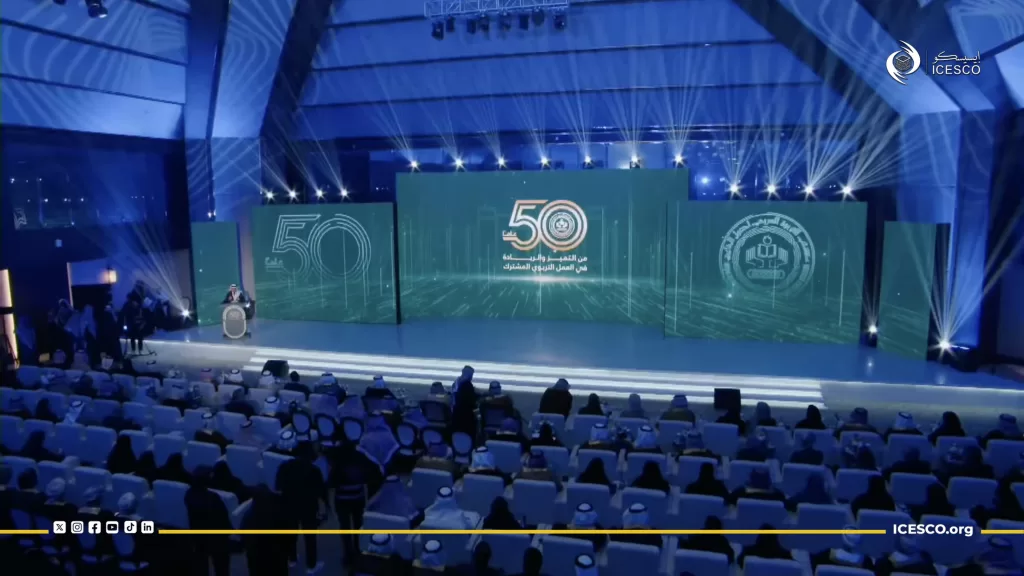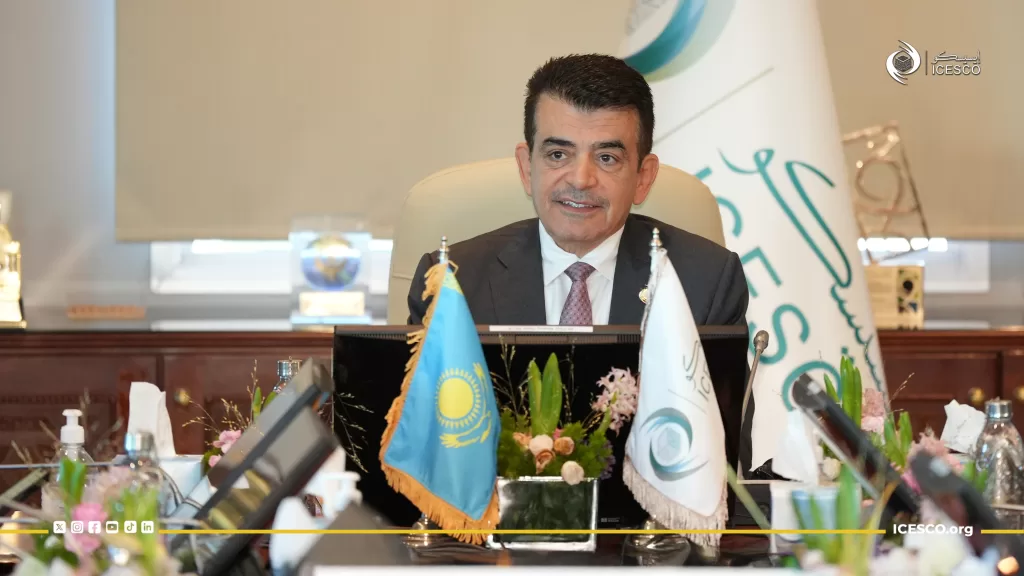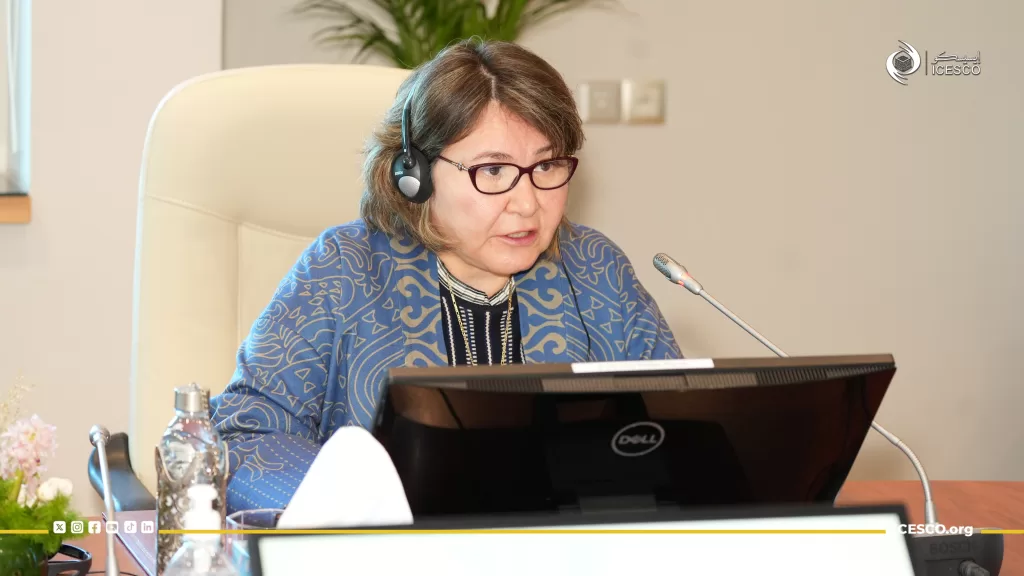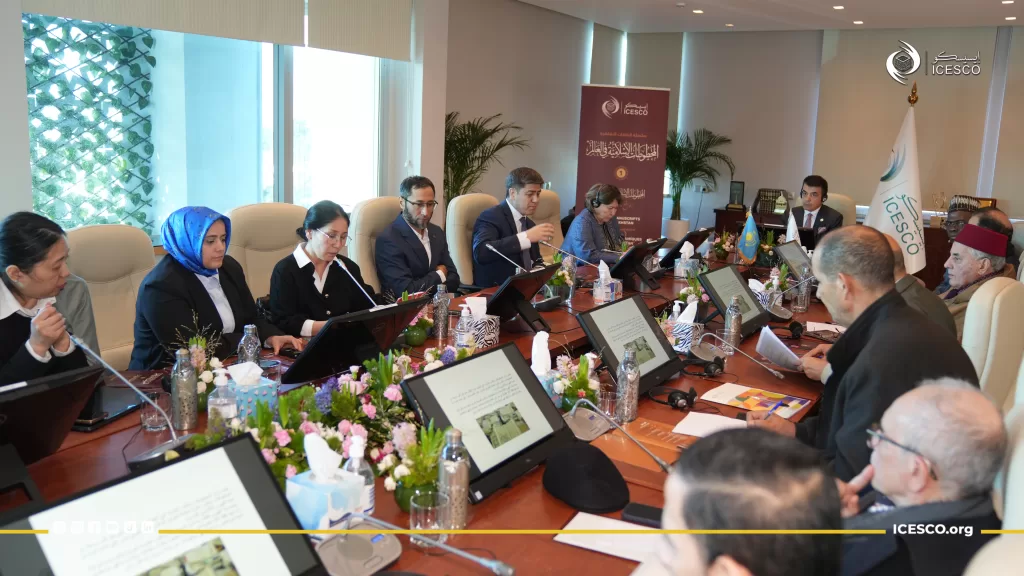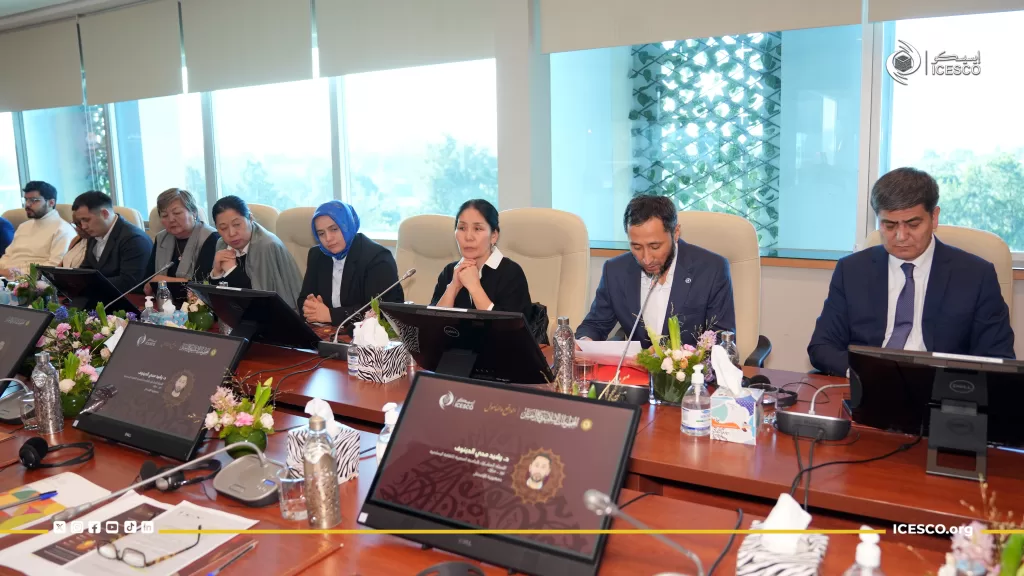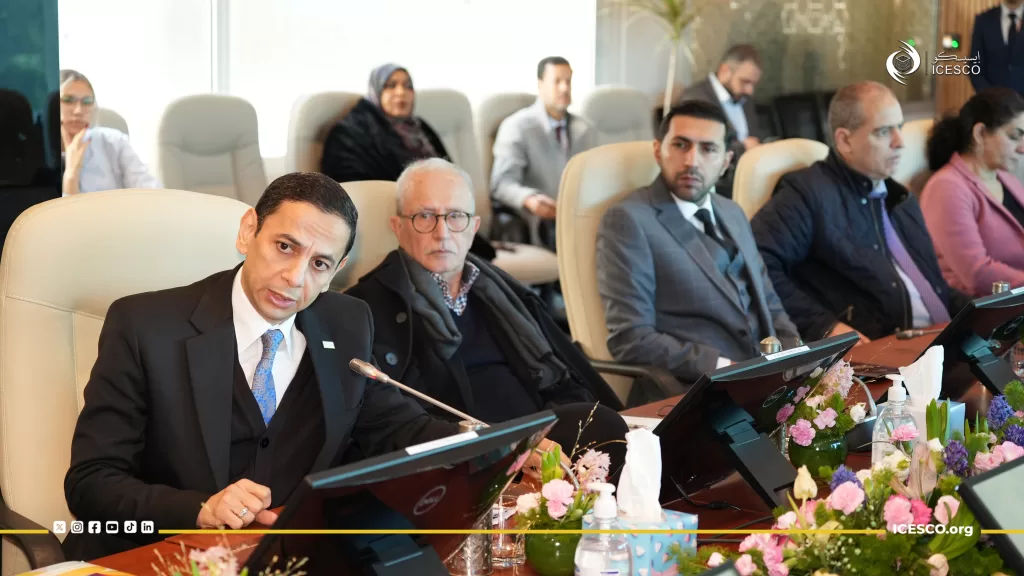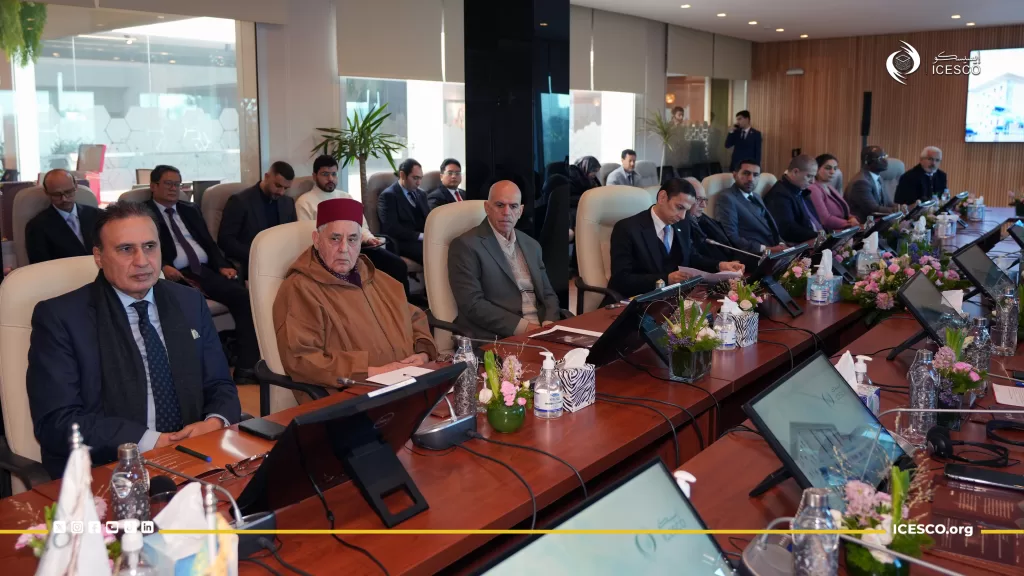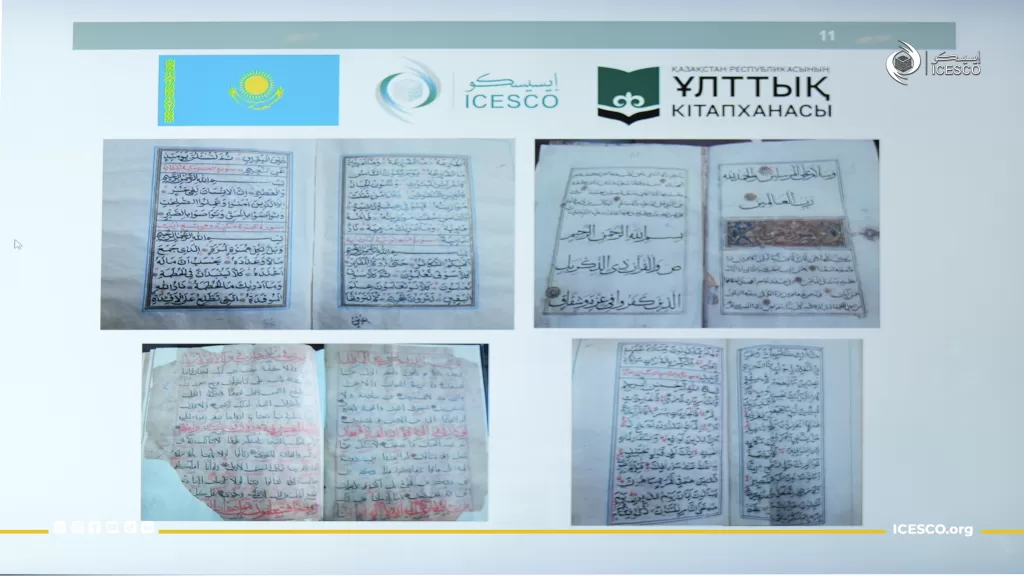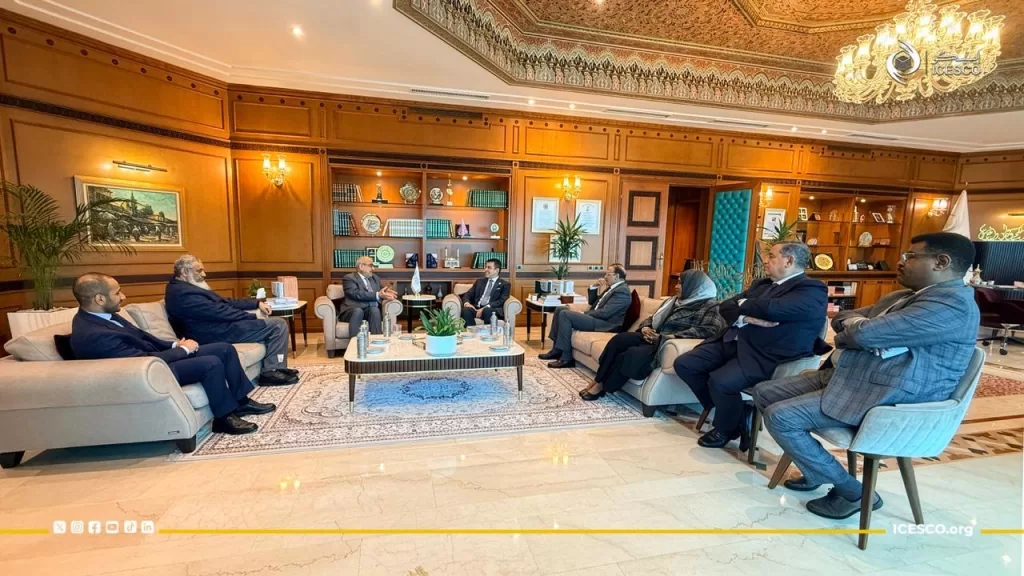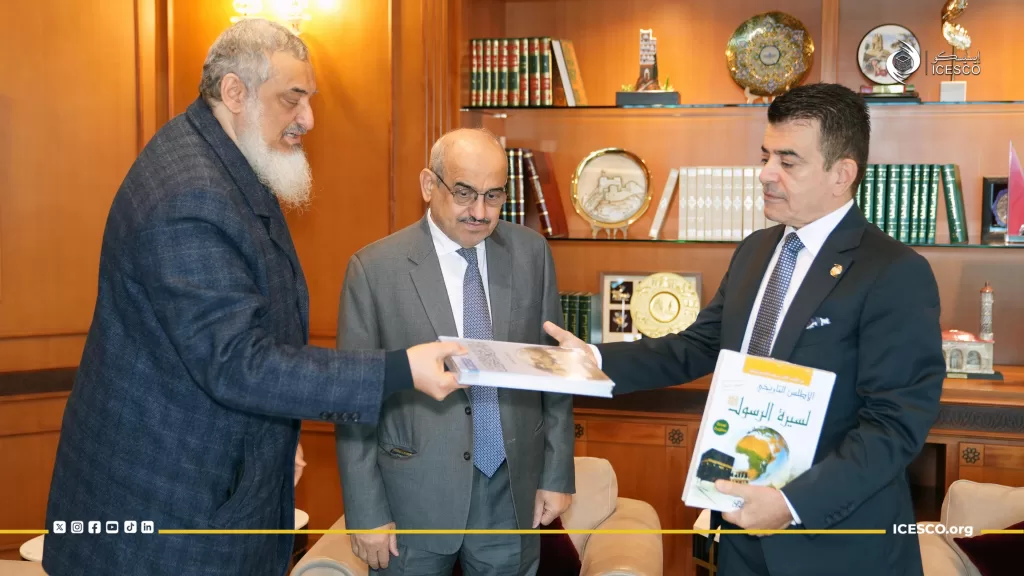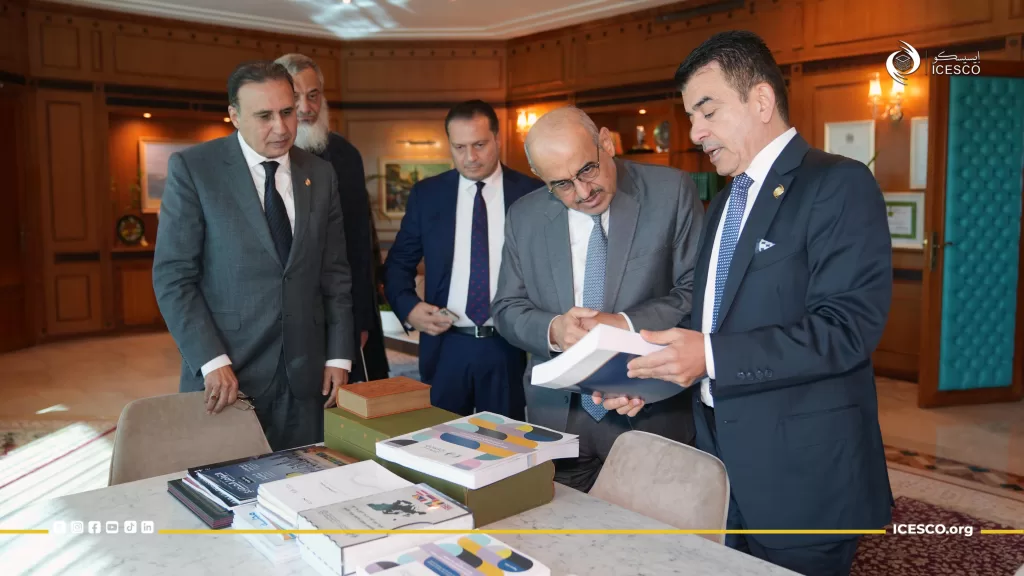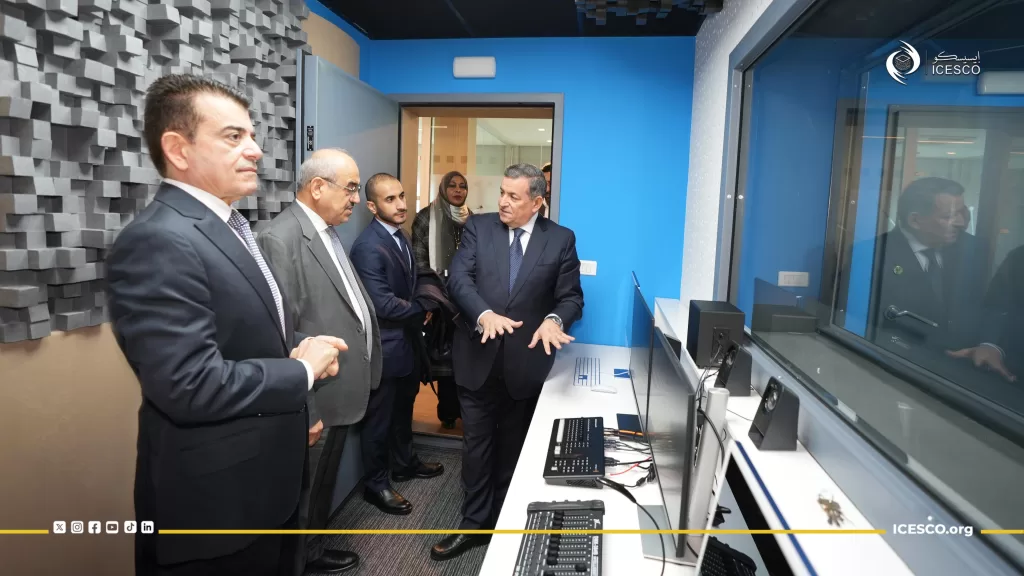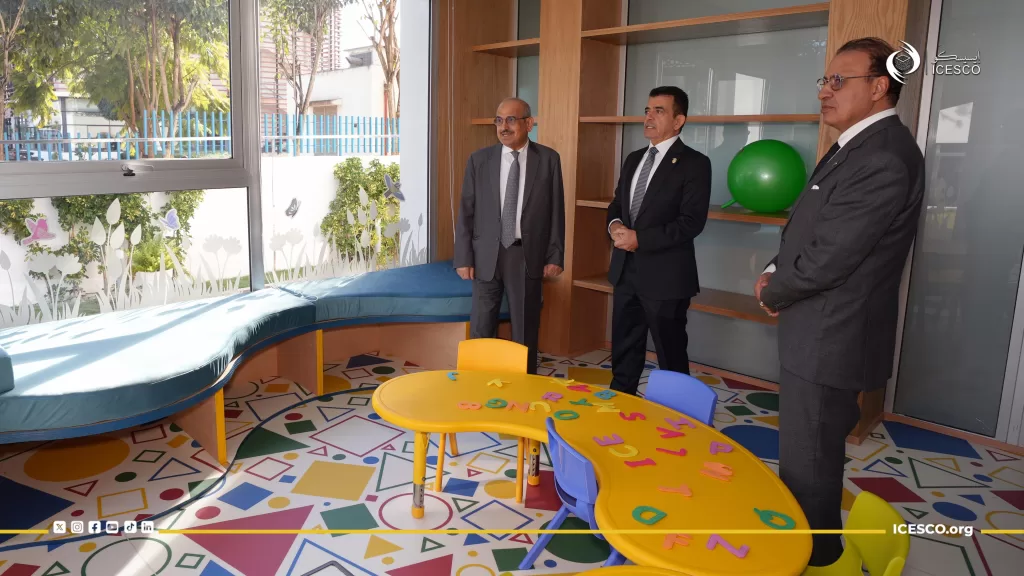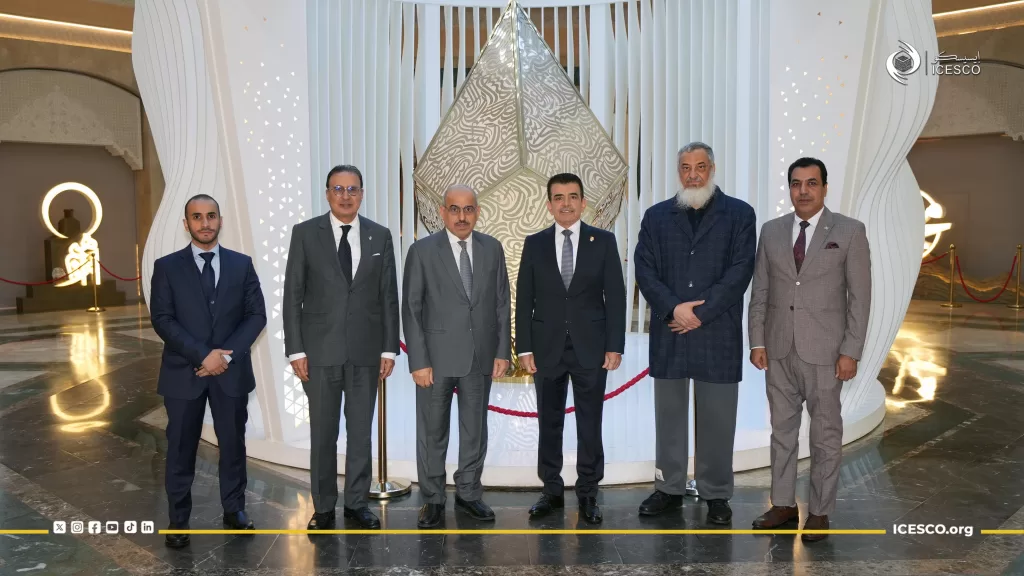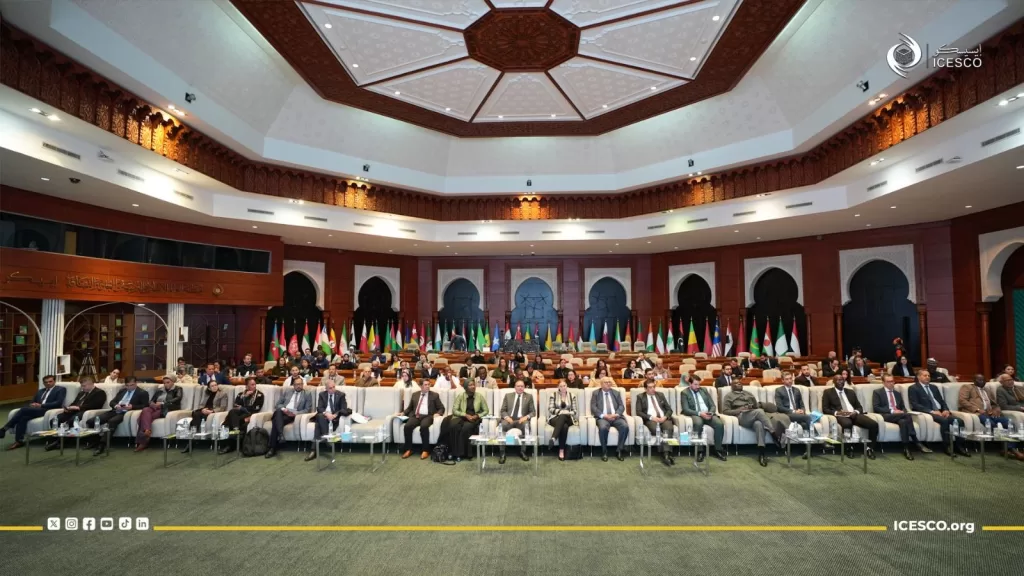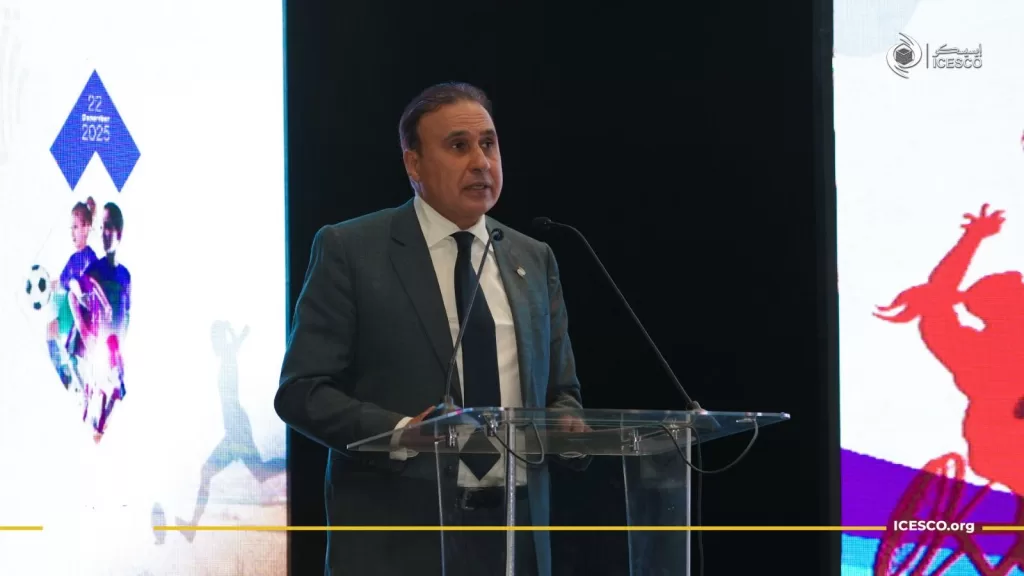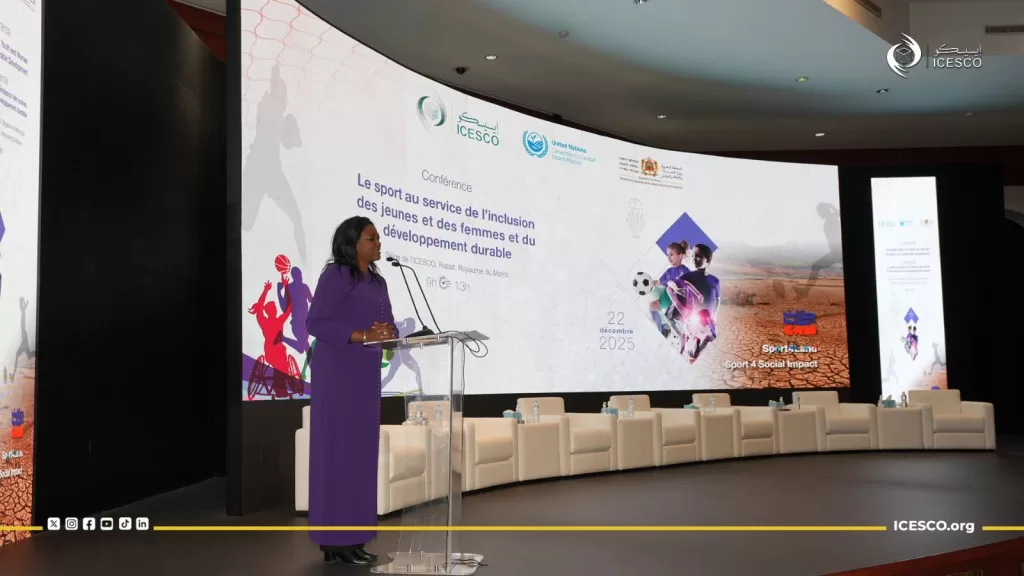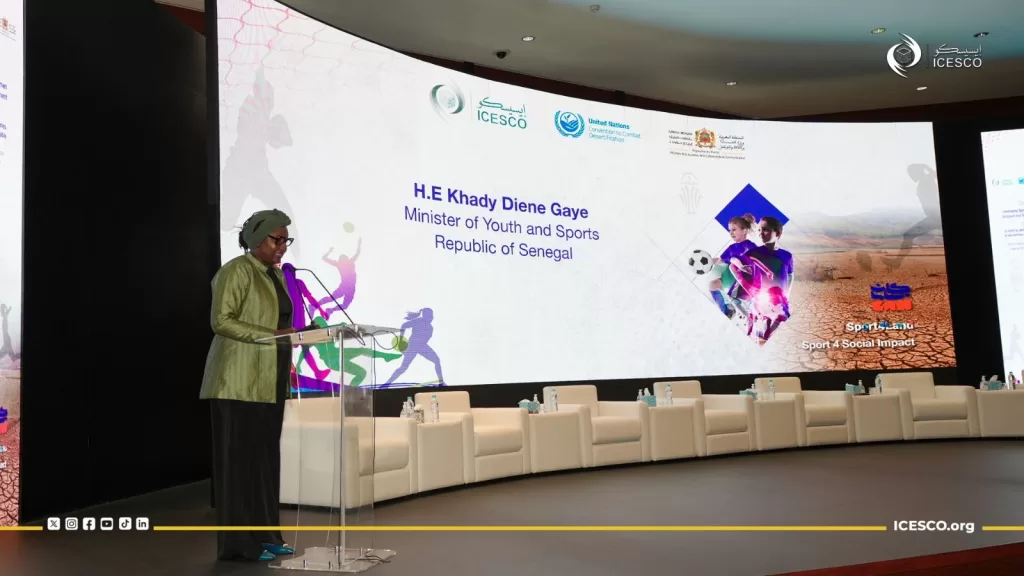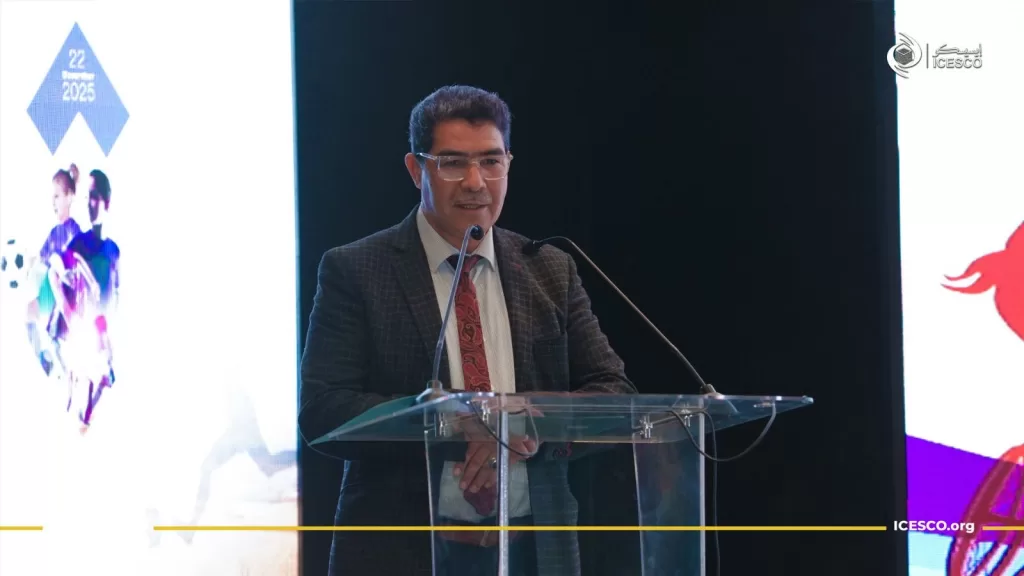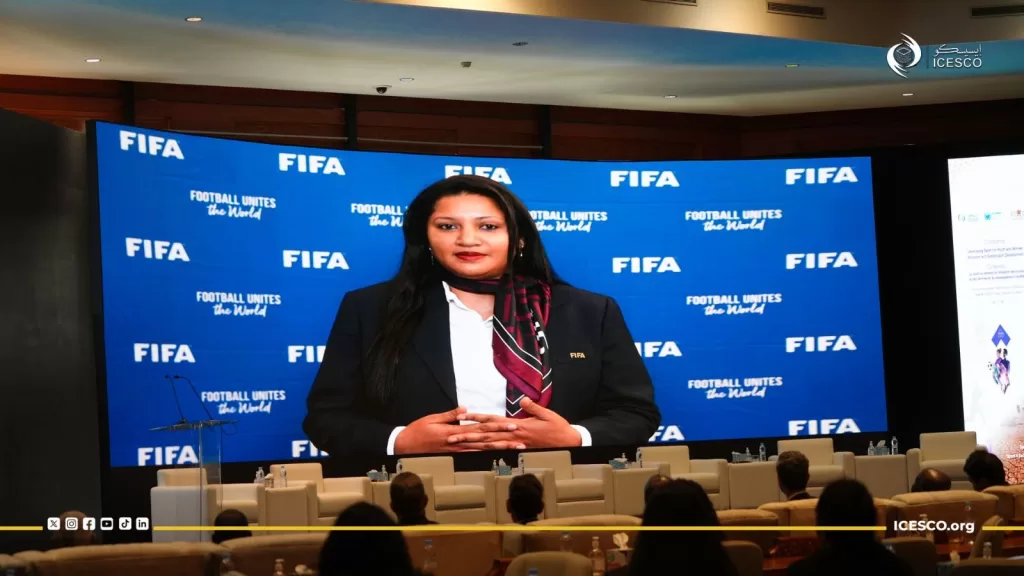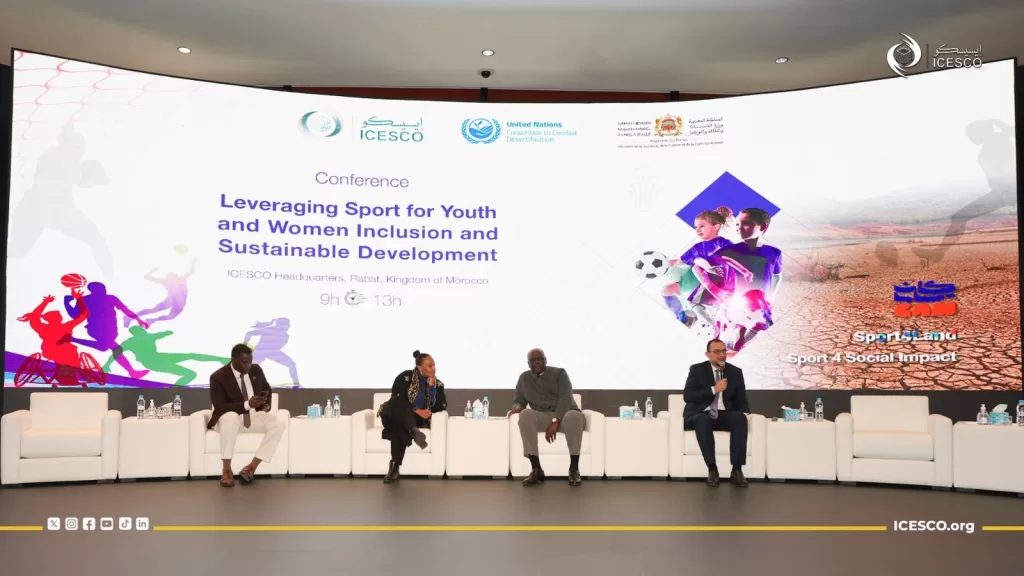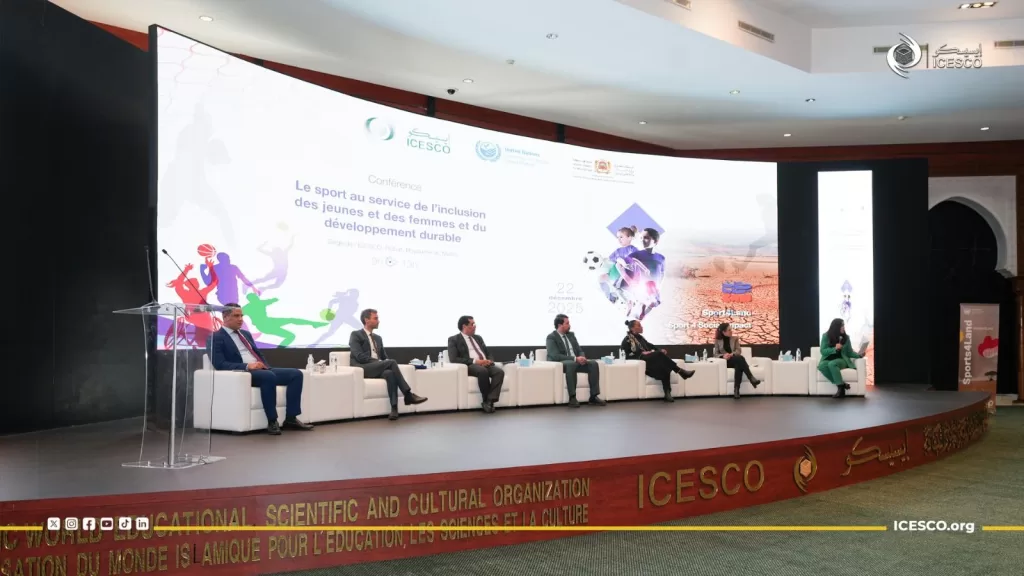On Thursday, February 5, 2026, the training program, “AI Uses in News Writing and Targeted Media Content Production,” concluded its proceedings in the State of Kuwait. The five-day training program was organized by the Media and Communication Sector of the Islamic World Educational, Scientific and Cultural Organization (ICESCO), in partnership with the Media Development Center of the Kuwait News Agency (KUNA), with the aim of honing the skills of 16 media professionals, journalists, and content creators from eight Member States and enabling them to employ the latest digital technologies in their fields of work.
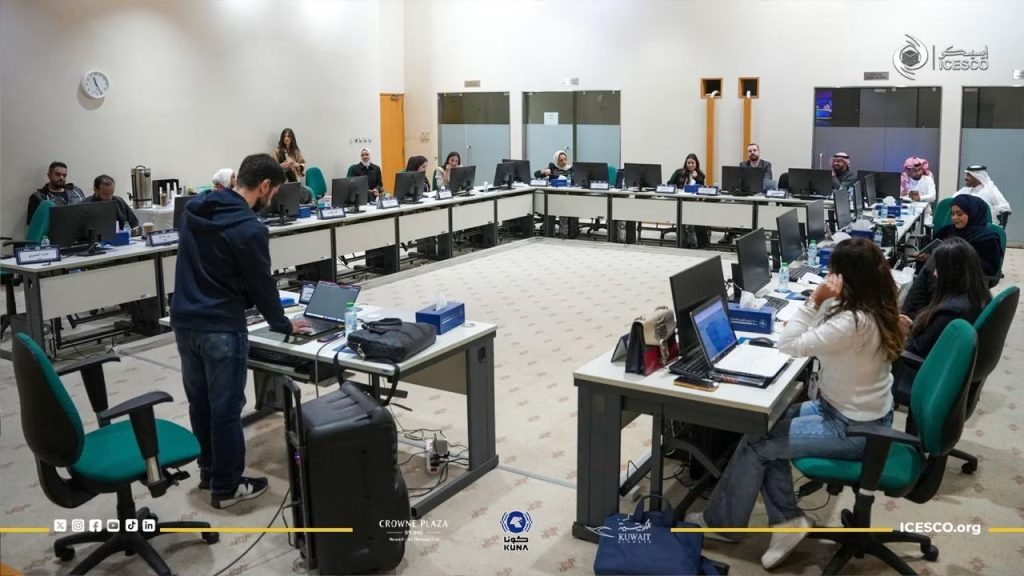
The closing ceremony was organized at KUNA headquarters and sponsored by Kuwait Airways and Bukhamseen Holding Group. The ceremony featured presentations by participants on the practical activities they had prepared during the training days, notably AI-generated videos.
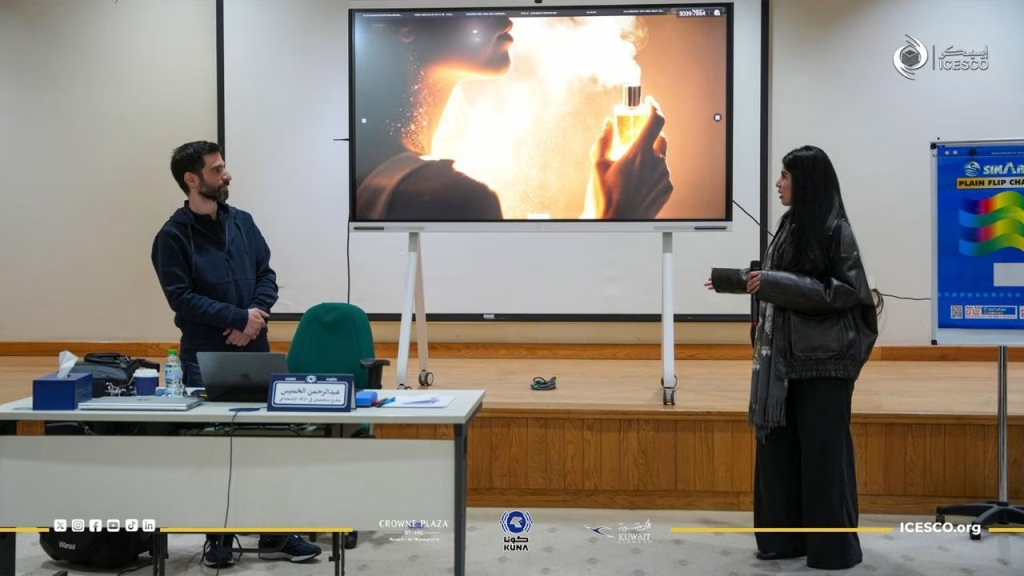
Afterwards, Dr. Barakat Al-Wegyan, Director of Communication at ICESCO’s Media and Communication Sector, stressed the importance of building young people’s capacities and providing them with the necessary tools to take full advantage of the opportunities offered by artificial intelligence. The ICESCO official also highlighted the Organization’s efforts to promote the use of artificial intelligence, modern technology, and innovation in Member States.
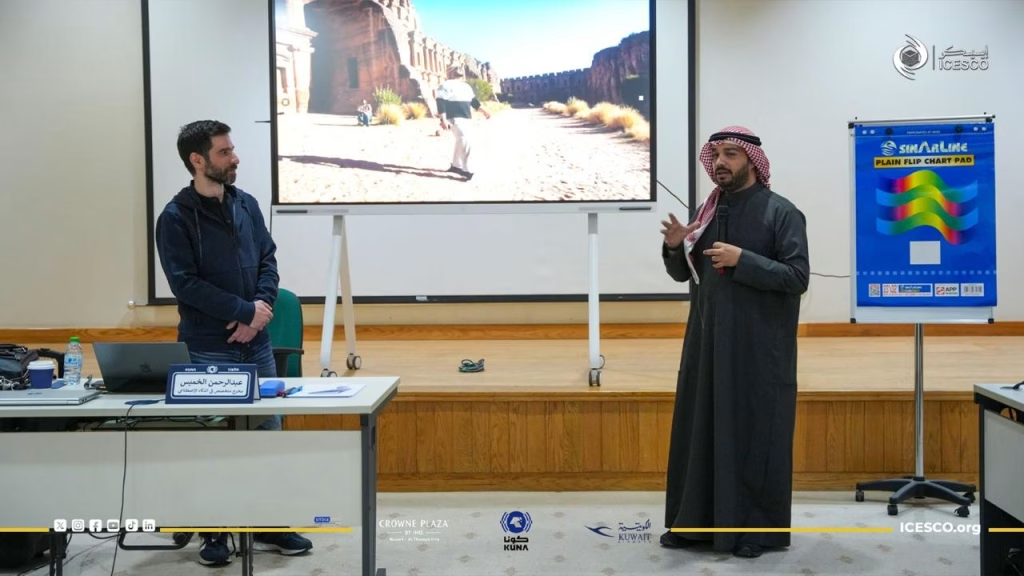
For his part, Mr. Thamer Al-Furaih, Head of the KUNA Media Development Center, stressed the need to entrench a forward-looking and sustainable development approach in training and research centers in the Islamic world, especially in the field of journalism and media, in order to keep pace with the latest developments and raise a creative generation that is aware of the ethics and values of employing artificial intelligence.
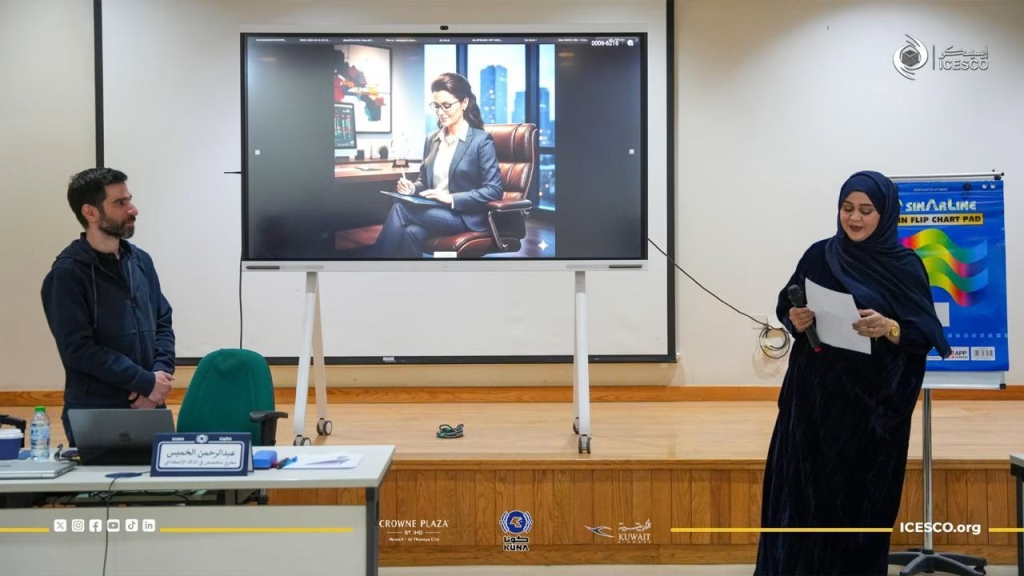
At the close of the ceremony, graduation certificates were presented to the participants for successfully completing the training program.
